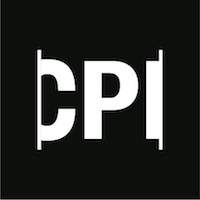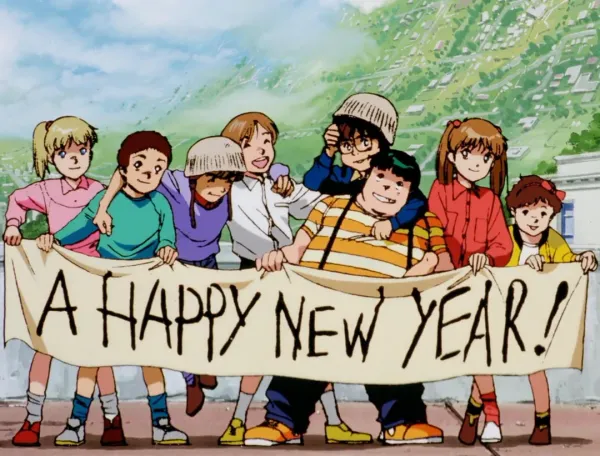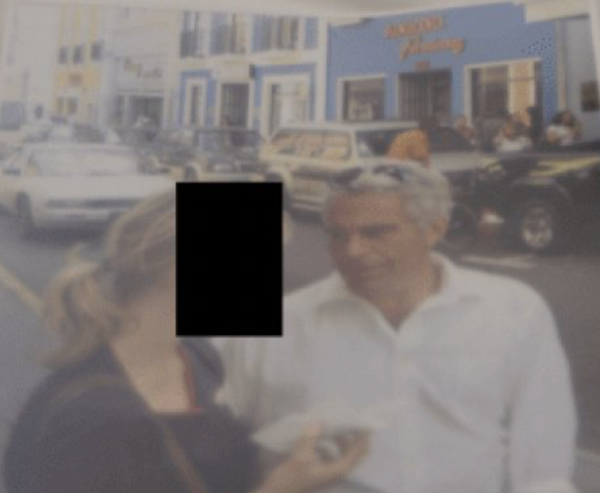Weather Report #32: On public records, Thomas Pynchon, the Sumud Flotilla, and more
Consuming 13/10/2025
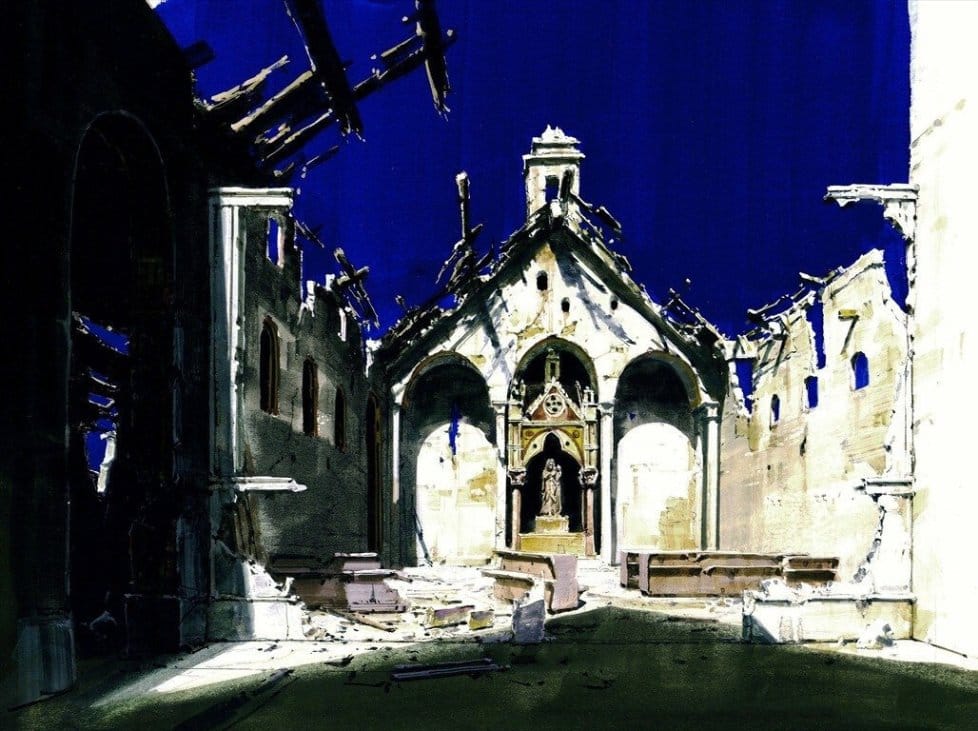
Hello, dear reader! Welcome to your Weather Report, a weekly column where I recommend some articles, a book, a movie, and some music for readers to consume.
Here's what you're getting this week:
- The Puerto Rican government wants to hide public records from you.
- Essays, articles, and columns about: Thomas Pynchon, getting tired of making content, the Global Sumud Flotilla, Israeli imprisonment of a journalist.
- A harrowing study of one of the biggest public health and land ownership issues of the modern day.
- A swooning, dreamlike drama about being incapable of human connection even though you yearn for it deeply.
- An album I really liked listening to this week.
If you're interested in seeing the recommendations – and supporting Heavy Weather's quest to keep tabs on collapse – you can become a paid subscriber by clicking the button below. Paid subscribers get access to the MEDIA LIST, a comprehensive list of every book, movie, and video game I've ever recommended. If you're already a paid subscriber, thank you very much! This newsletter would literally not be possible without your support.
The Puerto Rican Government Wants to Hide Public Records from You
On Tuesday (Oct 14), the Puerto Ricans Senate will vote on a bill that looks to deeply worsen the archipelago's public records law. The vote was quietly put on the calendar on Friday afternoon, and there were no public hearings when the bill was first announced shortly after the new administration came into power In response, several organizations held their own public hearings and submitted a report explaining how the law would negatively affect transparency on the archipelago. It was completely ignored by the government.
The Centro del Periodismo Investigativo published a write up about the bill and its potential effects earlier today. I want to quickly highlight a passage from Carla Minet, the CPI's executive director and editor-in-chief, about the specific things the bill changes of the current public records law:
The bill is bad for many reasons. I'll try to summarize a few: it proposes doubling the deadlines for submitting materials by agencies and adding bureaucracy; it facilitates the classification of confidential information without due process; it requires the agency head to be notified each time a request for information is submitted; it eliminates the possibility of requesting data in open formats such as Excel or CSV; it imposes barriers for citizens without digital access; and it proposes symbolic and ineffective sanctions to ensure real transparency.
All of that is – quite frankly – pretty bad. Being able to classify records without due process is one of the biggest threats here because it could allow an agency head to easily hide information they don't want to make public. Overclassification is already a huge problem across the country and this will only make it worse. Along the same line, not giving information in open formats is also troubling because they could simply give you a file in a format that you're unable to easily access and say they did their job. Finally, the sanctions are put in there as a smokescreen for people who don't understand how the system works or for people who just read headlines. If one government agency sanctions another government agency, that money is basically imaginary because it's all staying within the system. The sanctions, which are $100/day until $18,000, would be entirely different if they were going directly into the pockets of the journalists who are not getting their documents but the way it's presented in the bill is simply a feeble attempt by the government and the bill's writer, Sen. Thomas Rivera Schatz, to couch an anti-transparency move as government accountability.
As if that weren't enough, agencies would no longer be required to provide you with copies of the documents you request. Instead, they could grant you access to the document in their offices, even for a single day, to be considered in compliance with the law. In the case of projects that affect the environment, for example, planning and permit documents often consist of hundreds of pages, plans, and maps. If you can only view them for a day, without copies, in a disorganized manner, you are deprived of the right to review and analyze them effectively and calmly.
This is also quite troubling. As Minet lays out, it would be impossible for one person to analyze hundreds of documents that come from a voluminous request in one day, especially if they're given a short window of time, like being told to come see the documents at 3pm while the government offices close at 5pm. As an aside, if you have to physically go to an office and you don't live anywhere near it, that's your whole day, further slowing down reporting. Government agencies already slow walk records request, and if they get: 20 more days to respond to a request, force you to come to their offices, and you can only review documents in person without copies, it will make government accountability much worse.
Records requests are essential to any kind of good reporting about the government. Since Puerto Rico's public records request law was first passed, journalists of all types (especially those at the CPI) have used it to expose public corruption at every level of government. While I'm more experienced with federal records requests (I have a big story using federal requests that will come out tomorrow inshallah), I have used Puerto Rico state and local records requests for things that I have worked on in the past, as well as articles that will come out before the end of the year. This ranges from reporting about the environment to police collaboration with immigration enforcement.
Public corruption is already a "significant threat" in Puerto Rico, according to the Assistant U.S. Attorney. Allowing politicians to further hide information by blunting our public records law, will only allow it to become more widespread than it already is. The voting is on Tuesday at 1:00pm. If you live in Puerto Rico (or even if you don't), you should call a politician here and tell them to vote no on PS63.
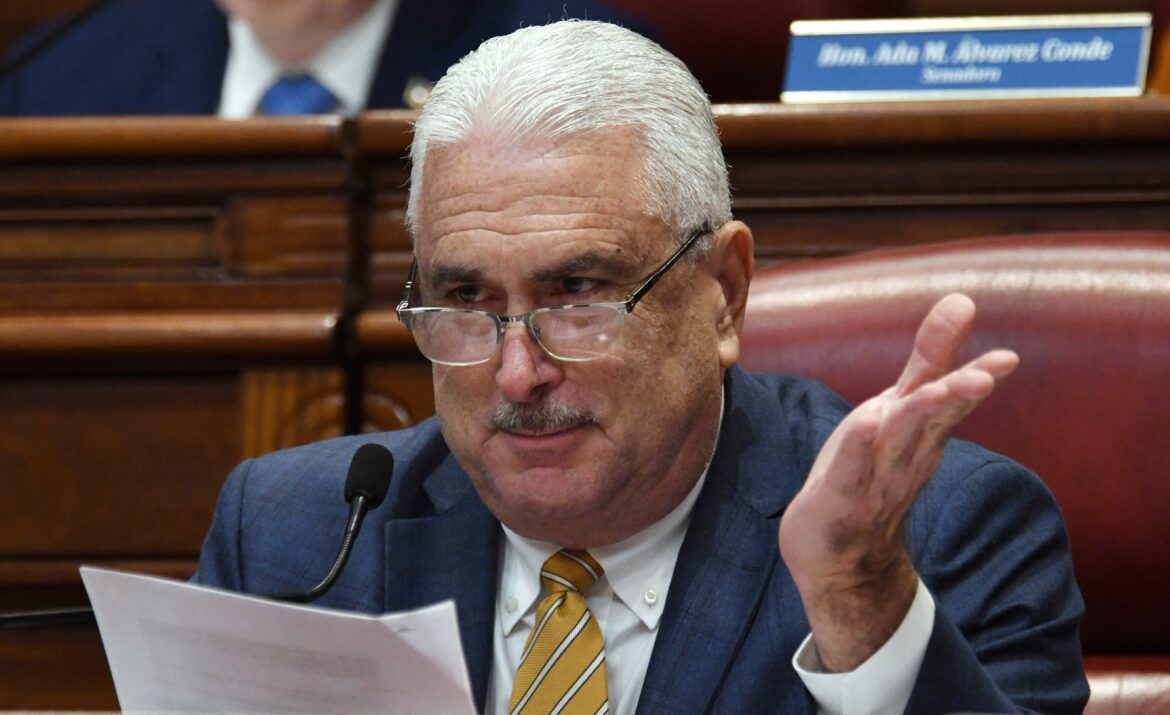
That's it for this week's free stuff. If you want to see the media recommendations and the link roundup, you can become a paid subscriber today.


